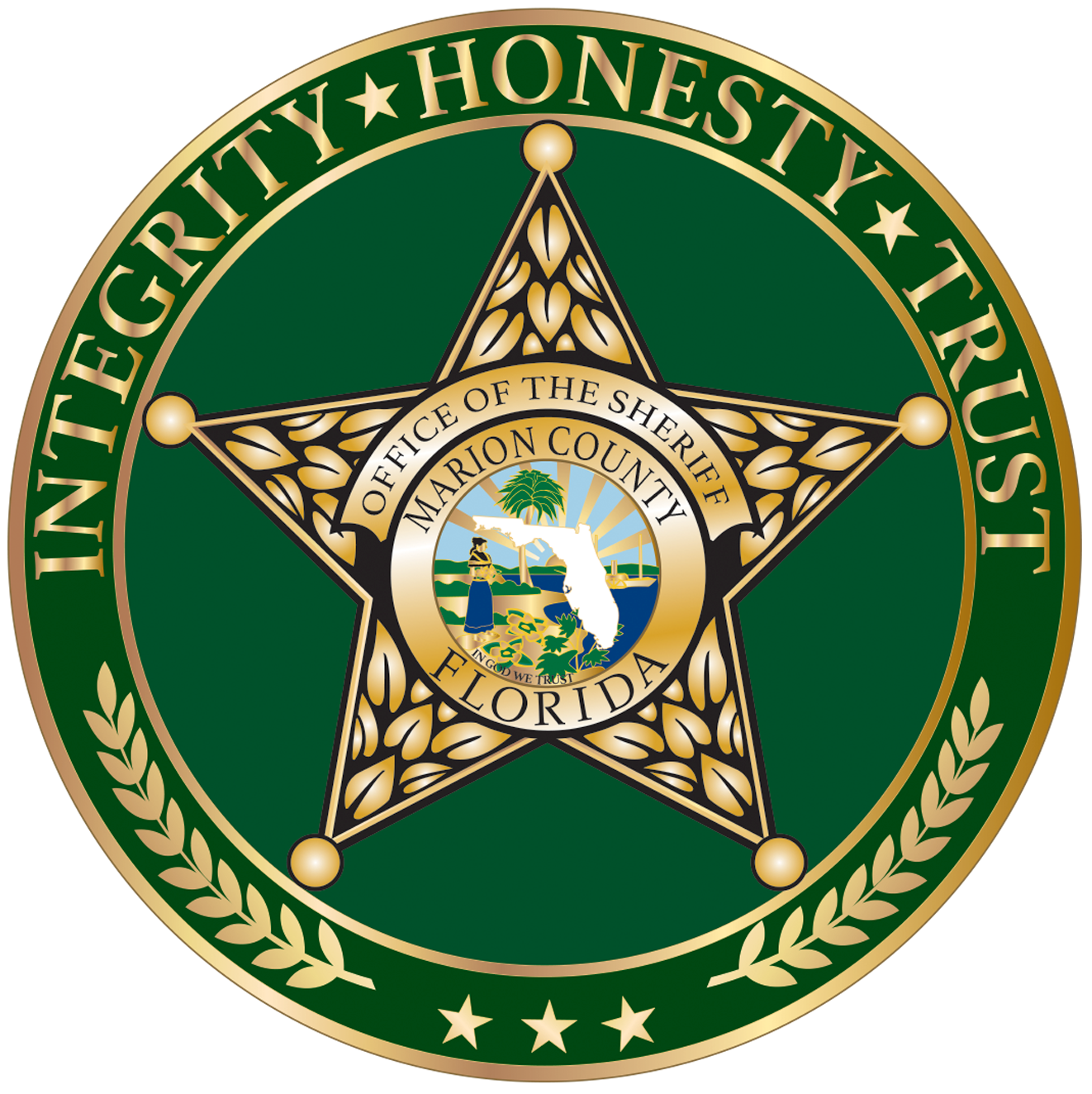HUMAN TRAFFICKING
Currently, there are approximately 20.9 million people enslaved throughout the world with 2.5 million located right here in the United States. Slavery was supposed to end with the Emancipation Proclamation of September 22, 1862. The Thirteenth Amendment, which was enacted on December 18, 1865, officially made ALL slavery illegal in the United States. These statistics show that slavery is still alive and flourishing throughout the entire world.(22)
Human trafficking is a form of modern-day slavery in which traffickers use force, fraud, or coercion to control victims for the purpose of engaging in commercial sex acts or labor services against his/her will.
Sex trafficking has been found in a wide variety of venues within the sex industry, including residential brothels, escort services, fake massage businesses, strip clubs, and street prostitution.
Labor trafficking has been found in diverse labor settings including, domestic work, small businesses, large farms, and factories.
The following is a list of potential red flags and indicators of human trafficking to help you recognize the signs. If you see any of these red flags, contact the National Human Trafficking Resource Center hotline at 1-888-373-7888 for specialized victim services referrals or to report the situation. Click here to learn more about reporting potential human trafficking situations.
The presence of these red flags is an indication that further assessment may be necessary to identify a potential human trafficking situation. This list is not exhaustive and represents only a selection of possible indicators. Also, the red flags in this list may not be present in all trafficking cases and are not cumulative. Indicators reference conditions a potential victim might exhibit.
Poor Mental Health or Abnormal Behavior:
Is fearful, anxious, depressed, submissive, tense, or nervous/paranoid
Exhibits unusually fearful or anxious behavior after bringing up law enforcement
Avoids eye contact
Poor Physical Health:
Lacks medical care and/or is denied medical services by employer
Appears malnourished or shows signs of repeated exposure to harmful chemicals
Shows signs of physical and/or sexual abuse, physical restraint, confinement, or torture
Lack of Control:
Has few or no personal possessions
Is not in control of his/her own money, no financial records, or bank account
Is not in control of his/her own identification documents (ID or passport)
Is not allowed or able to speak for themselves (a third party may insist on being present and/or translating)
Common Work and Living Conditions:
Is not free to leave or come and go as he/she wishes
Is in the commercial sex industry and has a pimp / manager
Is unpaid, paid very little, or paid only through tips
Works excessively long and/or unusual hours
Is not allowed breaks or suffers under unusual restrictions at work
Owes a large debt and is unable to pay it off
Was recruited through false promises concerning the nature and conditions of his/her work
High security measures exist in the work and/or living locations (e.g. opaque windows, boarded up windows, bars on windows, barbed wire, security cameras, etc.)
Other POSSIBLE SIGNS:
Claims of just visiting and inability to clarify where he/she is staying/address
Lack of knowledge of whereabouts and/or of what city he/she is in
Loss of sense of time
Has numerous inconsistencies in his/her story
Note: According to federal law, any minor under the age of 18 engaging in commercial sex is a victim of sex trafficking, regardless of the presence of force, fraud, or coercion.
If you believe you are a victim of human trafficking or may have information about a potential trafficking situation, please contact the National Human Trafficking Resource Center (NHTRC). If you or someone you know is in immediate danger, please call 911.(23)
